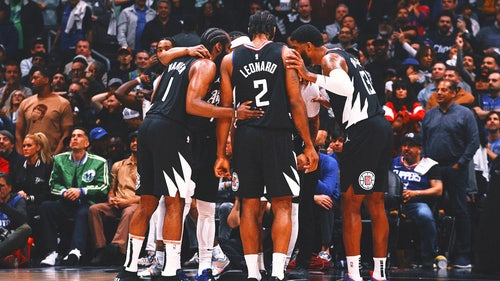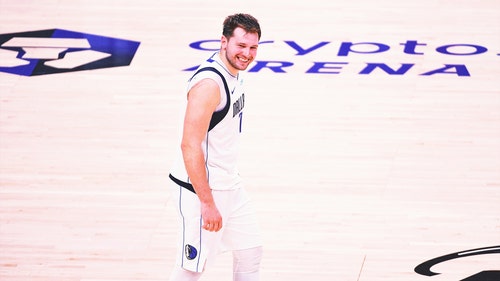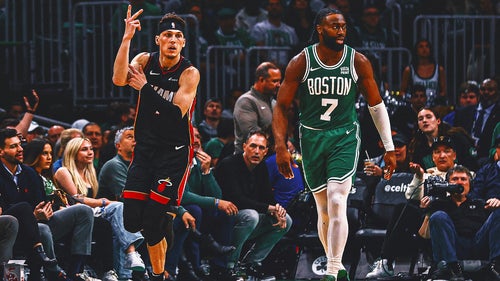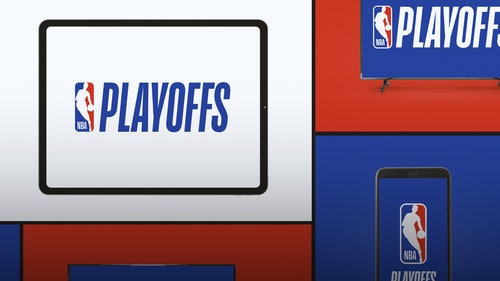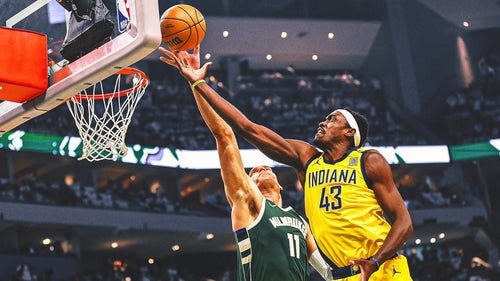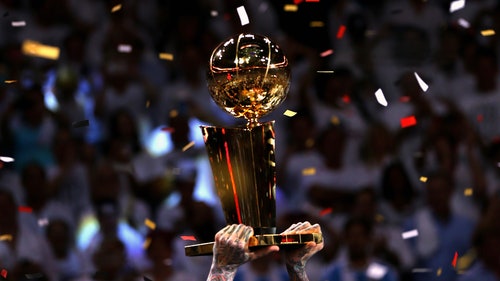
Utah Jazz 2016-17 season review: Boris Diaw

Apr 30, 2017; Los Angeles, CA, USA; Los Angeles Clippers guard Chris Paul (3) defends Utah Jazz center Boris Diaw (33) in the second period of game seven of the first round of the 2017 NBA Playoffs at Staples Center. Mandatory Credit: Jayne Kamin-Oncea-USA TODAY Sports
Boris Diaw was brought to the Utah Jazz as a means of acquiring veteran leaderhsip and playoff experience. What did he bring to the team in his one season there?
The Utah Jazz knew they were a team on the rise last offseason, a sentiment that showed in their free agent signing of Boris Diaw. A 14-year NBA vet, Diaw had championship experience with the San Antonio Spurs and figured to be a valuable piece for the Jazz as they began serious contention.
In some respects, this worked out, as he started nine of the Jazz's 11 playoff games and seemed to have a positive influence on Rudy Gobert and others, but the stats often did not paint him as a positive asset.
All told, Diaw averaged 4.6 points, 2.2 rebounds, and 2.3 assists per game on 45 percent shooting from the field. All of the above values were career-lows, but it's worth mentioning that they came in just 17.6 minutes per game.
He was used in a variety of roles this year, starting 33 games in place of injured players, missing time with his own ailments, and serving as a bench piece for the remaining time.
Ideally, his impact goes beyond the box score, but that doesn't mean we should disregard his on-court production in 2016-17.
In order to evaluate his performance this year, we'll look at the best and worst aspects of Diaw's game, as well as what his play means for his and the team's collective future.

Feb 1, 2017; Salt Lake City, UT, USA; Milwaukee Bucks forward Giannis Antetokounmpo (34) defends against Utah Jazz center Boris Diaw (33) during the first quarter at Vivint Smart Home Arena. Mandatory Credit: Russ Isabella-USA TODAY Sports
Strengths
In his prime, Diaw's game was built on his versatility and awareness, and even in his more physically declined state, those elements show through.
Although he only averaged 2.3 assists per game, Diaw would frequently zip an interior pass to Rudy Gobert or make a skip read in a pick-and-roll situation. On the year, Gobert shot 78.6 percent off of passes from Diaw, while Joe Ingles made 60 percent of his three-pointers in the same situation.
On his own, Diaw isn't a scorer in the post or pick-and-roll given his lack of leaping ability and power, scoring 0.82 and 0.55 points per possession in such situations, respectively.
Factoring in passes, where he has traditionally made his mark, gives us a whole new perspective though. Points per possession jump to 0.94 for post-ups and 1.08 in the pick-and-roll, the latter of which ranks in the 92nd percentile, per NBA.com. This effect is of course boosted by the Jazz's motion-heavy offense, but it can't be overlooked in terms of importance.
Despite his unconventional physical profile, Diaw has been regarded as a plus defender over the course of his career due to his IQ. Last season he graded out in the 81st and 71st percentiles defending spot-ups and isolation offense.
He also provides value in ways that can't be measured, serving as a mentor and reliable presence to the younger Jazz players, particularly countryman Rudy Gobert.
Although his shooting over the course of the season left a lot to be desired, Diaw's outside stroke shone through in two important areas. In the playoffs, he shot 6-of-14 from behind the arc and 24-of-48 overall, although his defense against Blake Griffin did prevent him from making too big an impact.
For another, Diaw shot 43 percent on corner threes, a staple shot for modern stretch-4s and the Jazz offense. As he gets older, his strengths have and will continue to fade, but that doesn't mean there aren't areas where he can contribute.

Dec 27, 2016; Los Angeles, CA, USA; Utah Jazz center Boris Diaw (33) passes the basketball against Los Angeles Lakers forward Luol Deng (9) during the third quarter at Staples Center. Mandatory Credit: Richard Mackson-USA TODAY Sports
Weaknesses
Prior to this season, Diaw had built a reputation as an above average three-point shooter for his position, knocking down 36 percent or more of his triples three of the last four years.
However, with the Jazz, his outside shot completely tanked, as he made just 25 percent of his three-pointers and 28 percent of his jumpers inside the arc. Most of these attempts from outside were decent looks, but he connected on just 23 percent of his threes with no defender within six feet.
More from Hoops Habit
In his prime, he often functioned as something of a point forward, bringing the ball up the court after rebounds and initiating the offense, but that facet of his game has mostly faded away.
On the defensive end, Diaw also suffers from his physical decline. He's no longer as nimble as he used to be, and his negative-3.9 defensive box plus-minus reflects that.
He's not a great rebounder either, gathering in just 7.1 percent of available boards, although that number may be influenced by the presence of Gobert.
The bottom line is Diaw will have to rediscover his shooting stroke if he wants to secure a place in the league going forward.
The Jazz need floor-spacing to pair with their other big men like Gobert or Derrick Favors, and Diaw's performance in 2016-17 does not make him a great candidate for this role.

Apr 15, 2017; Los Angeles, CA, USA; Utah Jazz head coach Quin Snyder with center Boris Diaw (33) and guard Shelvin Mack (8) during the first half in game one of the first round of the 2017 NBA Playoffs against the LA Clippers at Staples Center. Mandatory Credit: Robert Hanashiro-USA TODAY Sports
Moving Forward
Diaw's contract that he signed last summer included the 2017-18 season as a $7.5 million team option, which must be acted upon before July 15.
Given the impending decisions to be made regarding Gordon Hayward, and other free agents to-be, the Frenchman's status will likely be on the back burner for the Utah front office.
Although the ball is in the Jazz's court as far as bringing Diaw back goes, his next destination, should he find work elsewhere, will be determined more by his priorities than anything else.
If he wants to chase championships, he'll need to take a lower salary, perhaps the veteran's minimum, and sign on with a team like the Golden State Warriors, provided they have a spot open. If it's money he's after, a team with ample room and a need for leadership like the Philadelphia 76ers could be a good fit.
For what it's worth, Diaw expressed interest in returning to the Jazz during his exit interview with the Salt Lake Tribune, saying he "doesn't expect any promises."
"I'm just in wait-and-see mode. I'm not sweating over it. I'm not anxious, but … I liked the season I had here. I enjoyed being here, so I would like to be back."
Before he can punch his ticket back to Utah, however, the front office will have to evaluate whether his services warrant further financial commitment.
Boris Diaw had an up-and-down year with the Jazz this season, and his future with the team is just as complex as his role on it.







































































































































